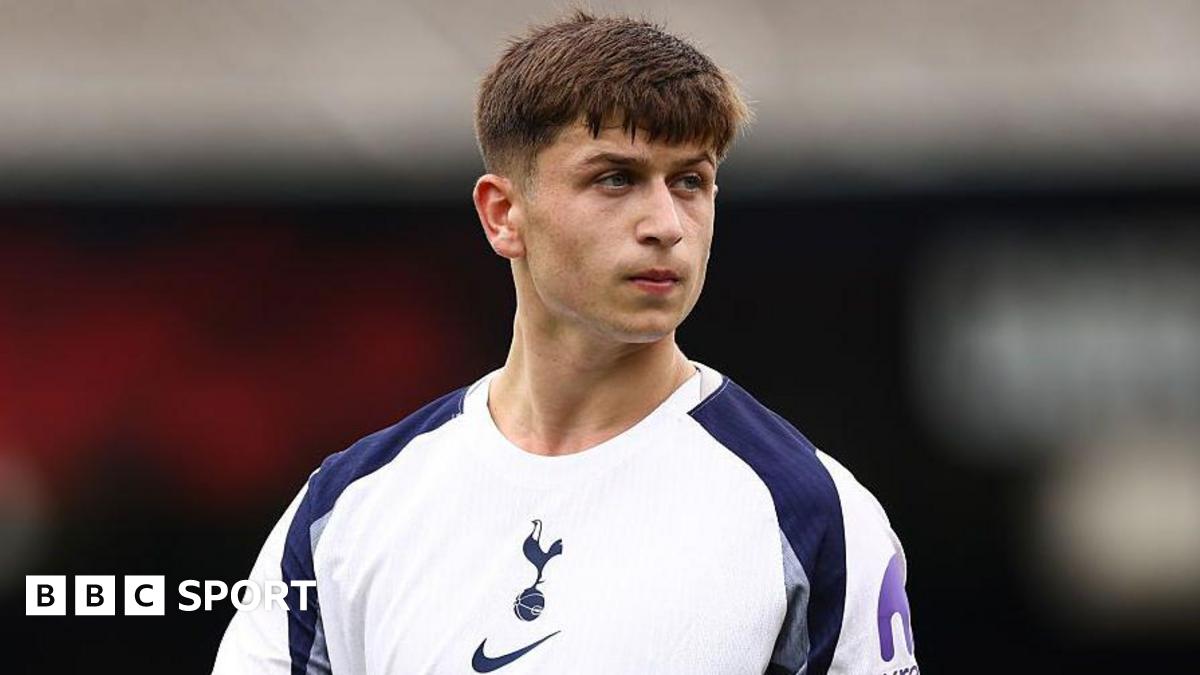
Rangers' acquisition of Tottenham Hotspur's Mikey Moore on loan presents an intriguing proposition, less about immediate squad bolstering and more about longer-term tactical flexibility and youth development strategy. The 17-year-old's arrival, subject to a medical, could be interpreted as a calculated risk by new manager Russell Martin and the 49ers Enterprises ownership, reflecting a desire to integrate high-potential talent into the first-team setup.
Moore’s record, including becoming Spurs' youngest Premier League player and youngest English scorer in Europe, suggests a player possessing raw talent and a precocious footballing intelligence. However, translating potential into consistent performance at the Scottish Premiership level requires careful management and tactical integration. This loan isn't just about minutes on the pitch; it’s about Rangers providing an environment where Moore can refine his skills and adapt to a physically demanding league.
Tactically, Moore's versatility could prove beneficial. He has demonstrated the ability to play across the forward line, suggesting potential within Martin’s tactical system. If Martin favors a dynamic attacking setup, Moore's pace and creativity could offer an alternative to the established forwards. Consider, for instance, how a similar loan move benefited a young Patrick Roberts at Celtic; consistent game time allowed him to develop into a key attacking threat. Can Moore replicate that impact at Ibrox? The data suggests his potential is there, but execution is paramount.
The broader implication for Rangers is squad depth. While Moore isn't expected to immediately displace established players, his presence increases competition for places and offers tactical flexibility. The club’s recent history underscores the importance of a strong squad; injuries and fatigue during European campaigns often expose vulnerabilities. Moore provides cover and a different dimension in attack, potentially allowing Martin to rotate his squad more effectively. This mirrors strategies employed by clubs like Manchester City, who prioritize depth to sustain challenges on multiple fronts. This strategic depth can be decisive during long and arduous league seasons.
The contract extension Moore signs with Spurs before the loan adds another layer to the analysis. It indicates Tottenham’s long-term faith in the player, making the loan a collaborative effort in his development. Rangers, therefore, assume the responsibility of nurturing a talent who could eventually return to strengthen a direct competitor. Is this a risk worth taking? The potential on-field benefits and the chance to mold a promising player into a consistent performer may outweigh the long-term implications for Spurs.
The success of Moore's loan hinges on several factors: his adaptability to the Scottish game, Martin's ability to integrate him tactically, and his mental fortitude in a high-pressure environment. While the move is undoubtedly a gamble, it represents a forward-thinking approach by Rangers, prioritizing youth development and tactical flexibility within a sustainable, long-term strategy. However, the data also suggests that without consistent playing time and proper guidance, even the most promising talents can falter. This loan is not just about signing a player; it is about carefully nurturing and integrating a young talent into a demanding system, the impact of which will be judged by his on-field contributions and growth throughout the season.